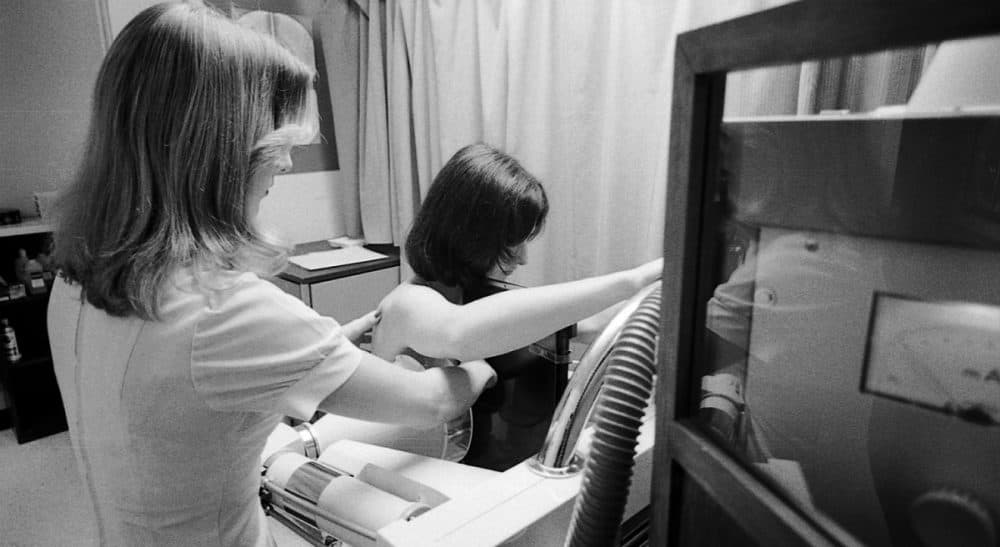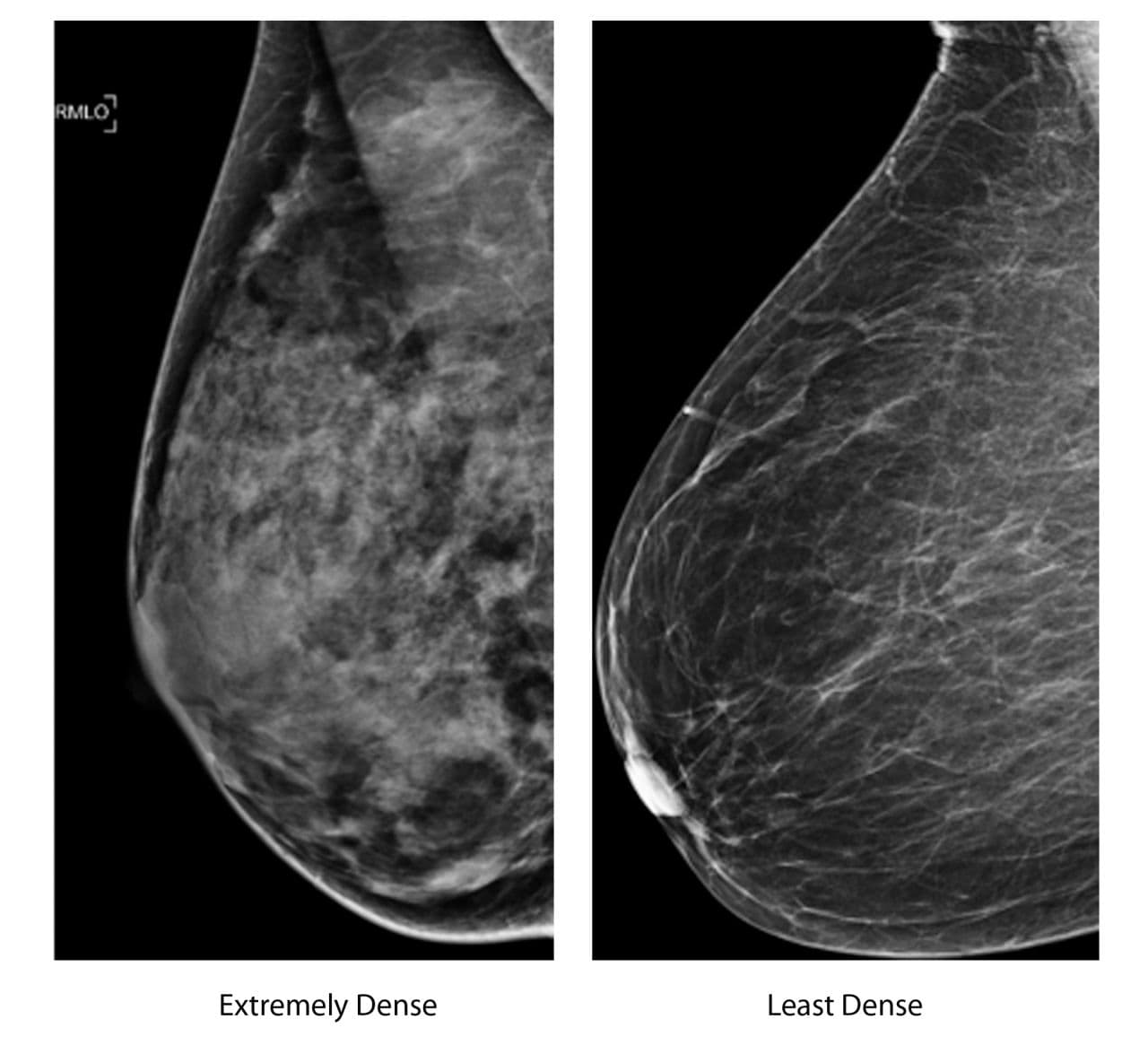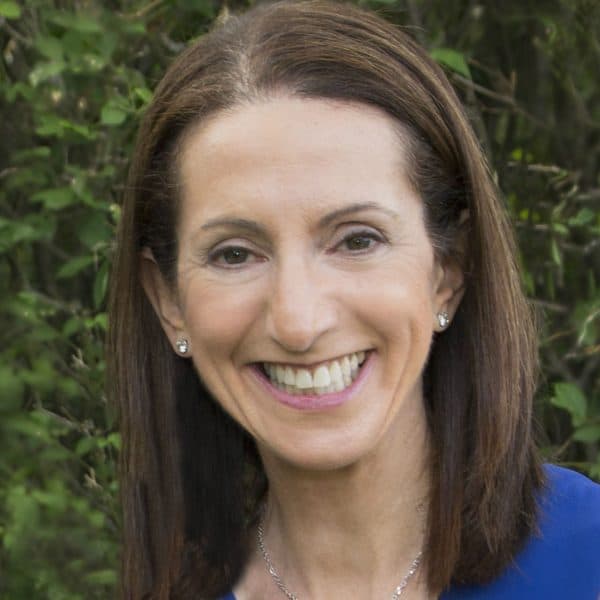Advertisement
Got Dense Breasts? This Question Could Save Your Life

Perusing the morning paper three years back, I was startled to discover a health concern totally new to me.
"Do I have dense breasts?" I asked my physician at my next appointment, expecting calm reassurance.
Instead, he replied that my breasts were in fact extremely dense. He went on to confirm what I’d read: Breast density may both limit the capacity of mammograms to detect abnormalities and increase the risk of breast cancer.
I was both alarmed and baffled. Why hadn’t my physician suggested additional breast imaging, such as an MRI, which, when combined with a mammogram, might better detect breast cancer in women who have dense breasts? (The condition is very common, found in 40 percent of all women, including 10 percent who, like me, have breasts deemed to have extremely dense tissue.) His failure to suggest such additional testing made no sense to me.
Because I insisted that I undergo an MRI, my breast cancer was diagnosed before it spread ... greatly increasing my odds for continued good health.
This is why, going forward, I insisted on having an annual MRI — and it was this diagnostic tool that enabled my radiologist, Boston Breast Diagnostic Center’s Dr. Elsie Levin, to detect my breast cancer one year ago. Without the MRI — and relying solely on a mammogram — she told me that it could have been another five years before the cancer would have been diagnosed. This delay could have been deadly, delaying potentially life-saving surgery and related treatments that I embarked on just weeks later.
Now, thanks to a new law, many more women in Massachusetts will be alerted to this issue. As of Jan. 1, Massachusetts joined 20 other states to require that women who have mammograms be notified in writing if test results indicate “dense” breast tissue and the extent of the density. More specifically, Massachusetts women will be informed that, while dense breasts are normal, the condition may increase their risk of cancer and make it more difficult to find cancer on mammograms. The letter will also encourage patients to discuss test results with their physician as well as the interpreting radiologist.

What does it mean to have dense breasts? Dense breasts simply do not have much fatty tissue. Instead, they have more glandular and fibrous tissues, which appear opaque white on mammogram films and may hide cancers. Breast density is not related to size or firmness — and can only be diagnosed by a mammogram. Sensitivity of mammography is reduced as breast tissue density increases. Sometimes breast density decreases with age.
Now, thanks to a new law, many more women in Massachusetts will be alerted to this issue.
While the new law is a big step forward, I am concerned about the women it will leave behind. As is so often the case in our health care system, the effectiveness of the law will depend in large part on women advocating for themselves, a fact that will, no doubt, limit its positive impact. I am, in many areas of my life, hugely fortunate — well-educated and well-informed about women’s health issues, with excellent health insurance coverage. (Indeed, at the time of my cancer diagnosis, I was an assistant vice dean at Harvard School of Public Health.) Still, I encountered substantial hurdles on the way to getting the services that likely saved my life. For starters, my physician expressed reluctance each year about scheduling an MRI. He also told me that that my insurance would not pay for it. (It did.) These exchanges might have easily dissuaded someone short on money or less comfortable than I am with challenging medical expertise.
Today, my prognosis is quite good. Because I insisted that I undergo an MRI, my breast cancer was diagnosed before it spread to beyond one lymph node, greatly increasing my odds for continued good health.
I could not be more grateful to the many dedicated women across the nation who brought this health issue to the attention of the media and lawmakers — and me. This piece is my attempt to pay it forward. Don’t know if you have dense breasts? Please take the time to find out. And then take appropriate action.
